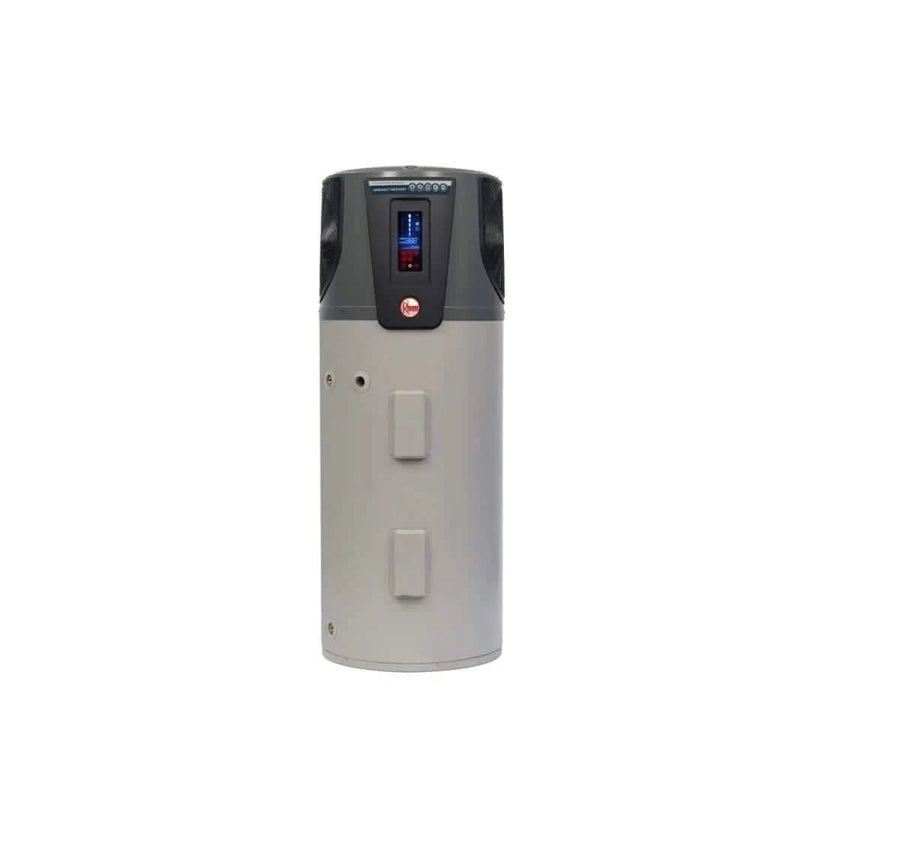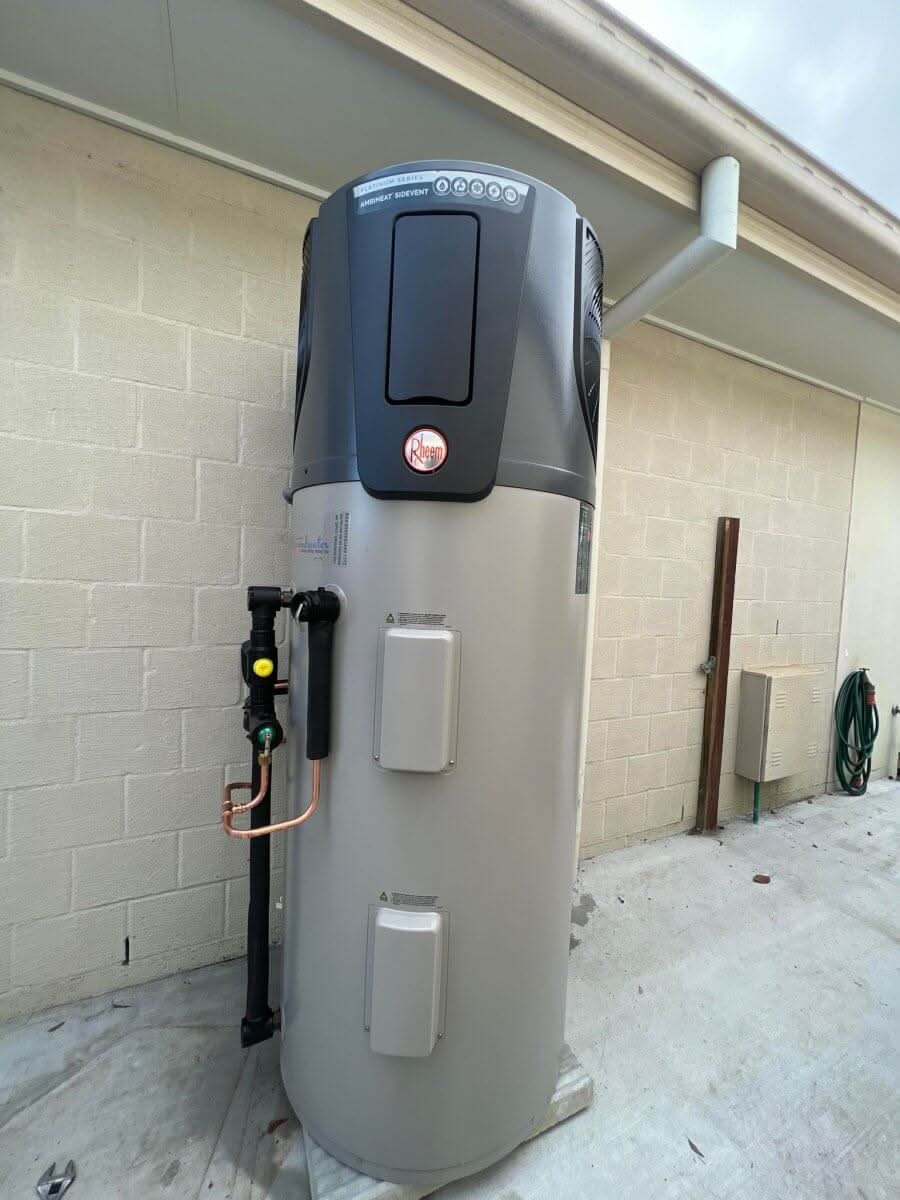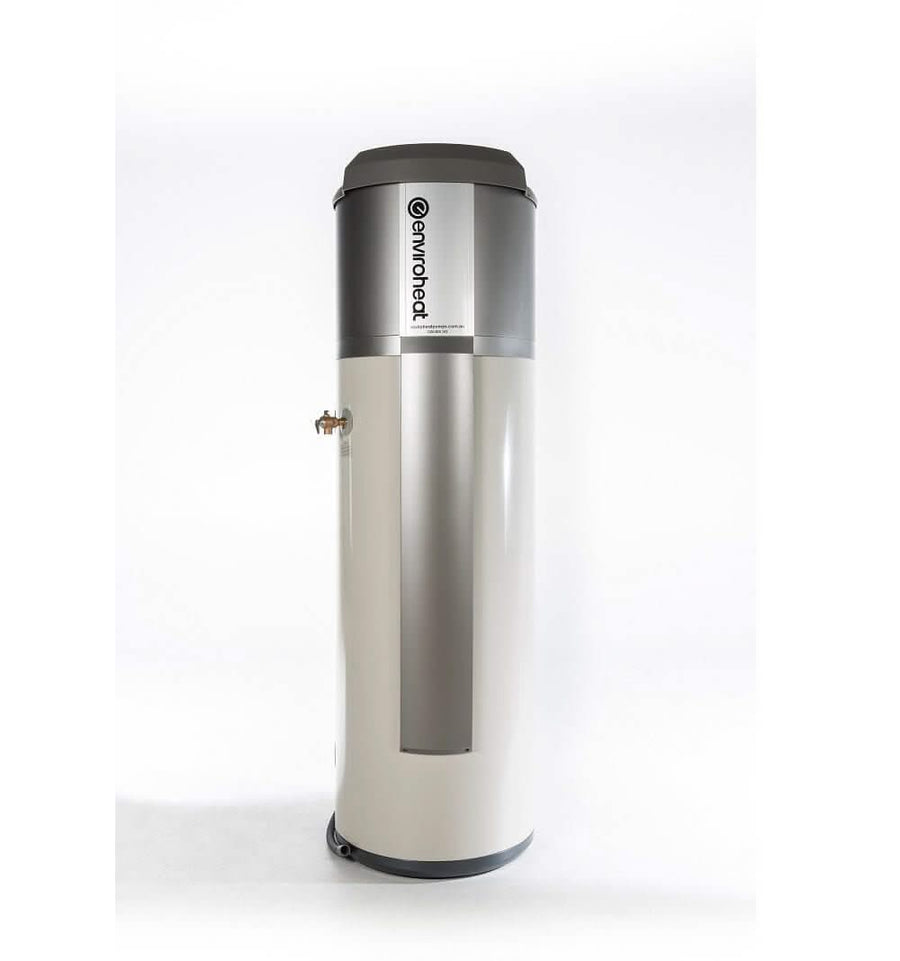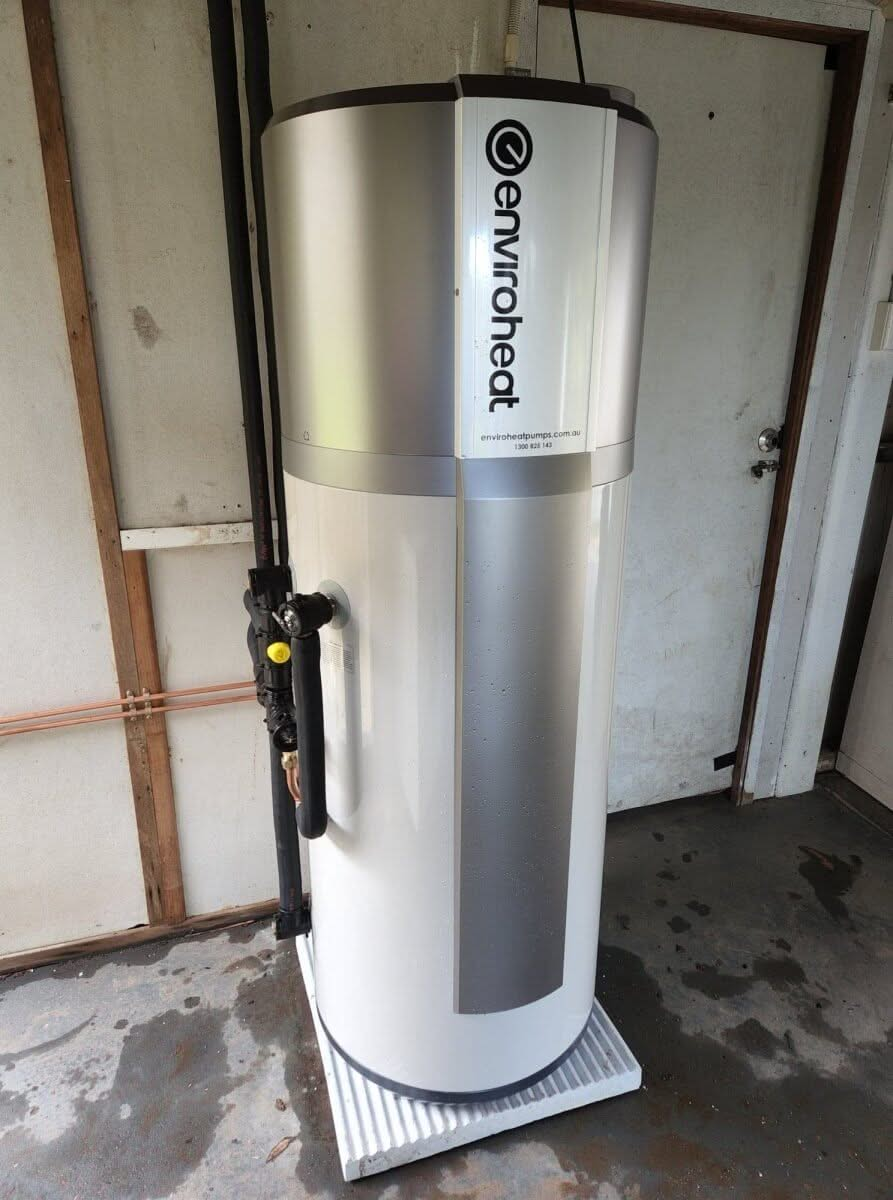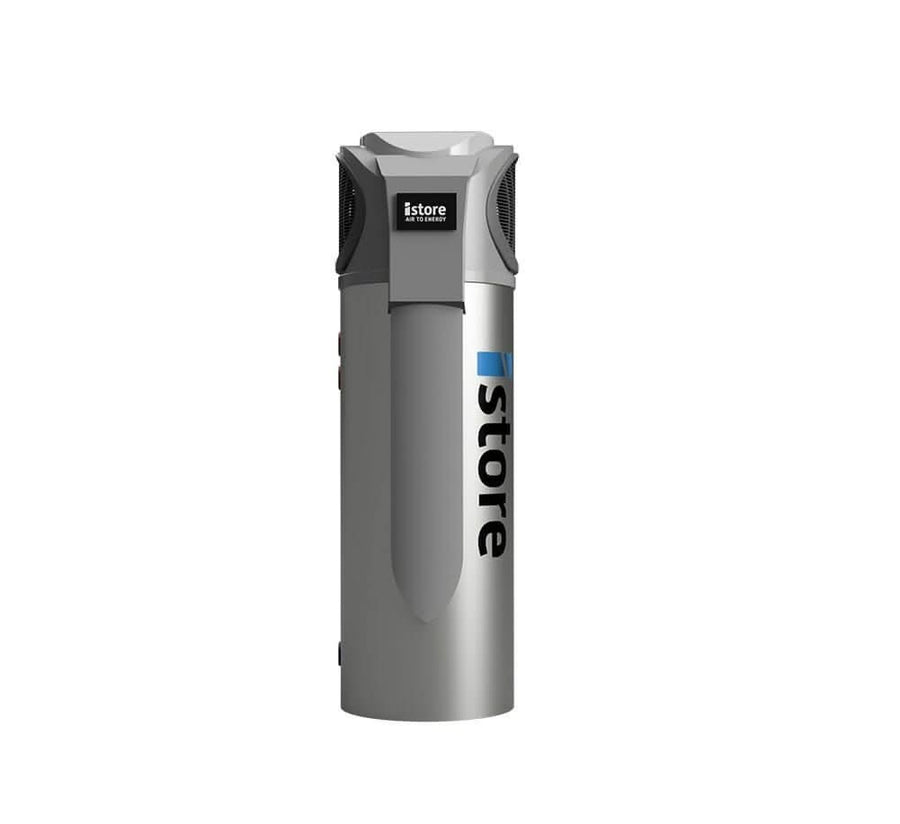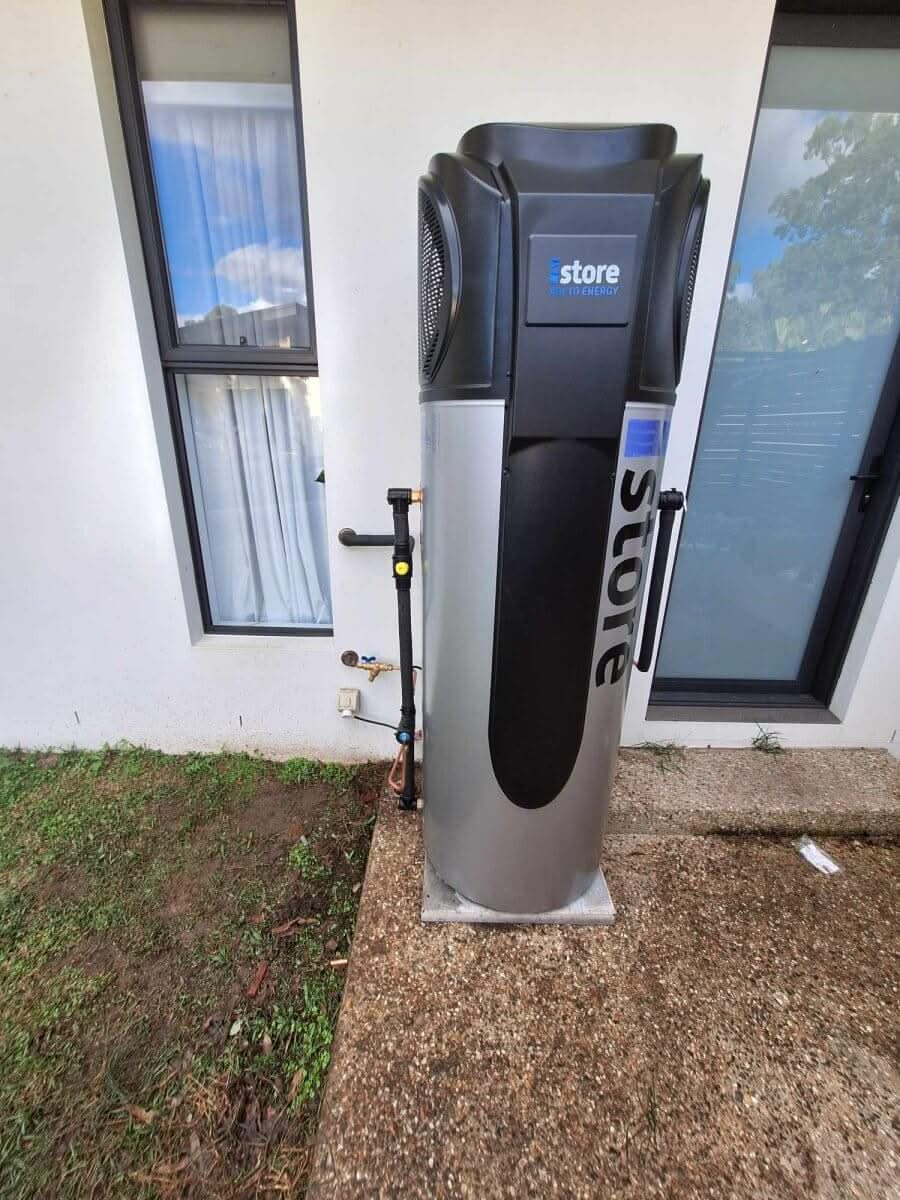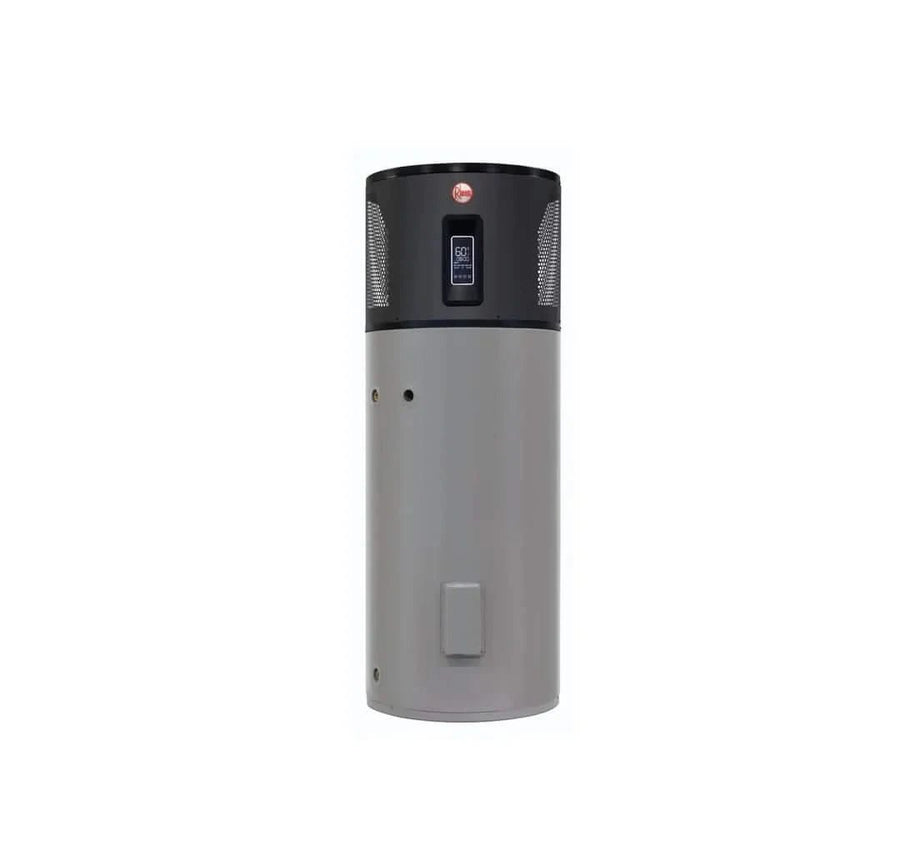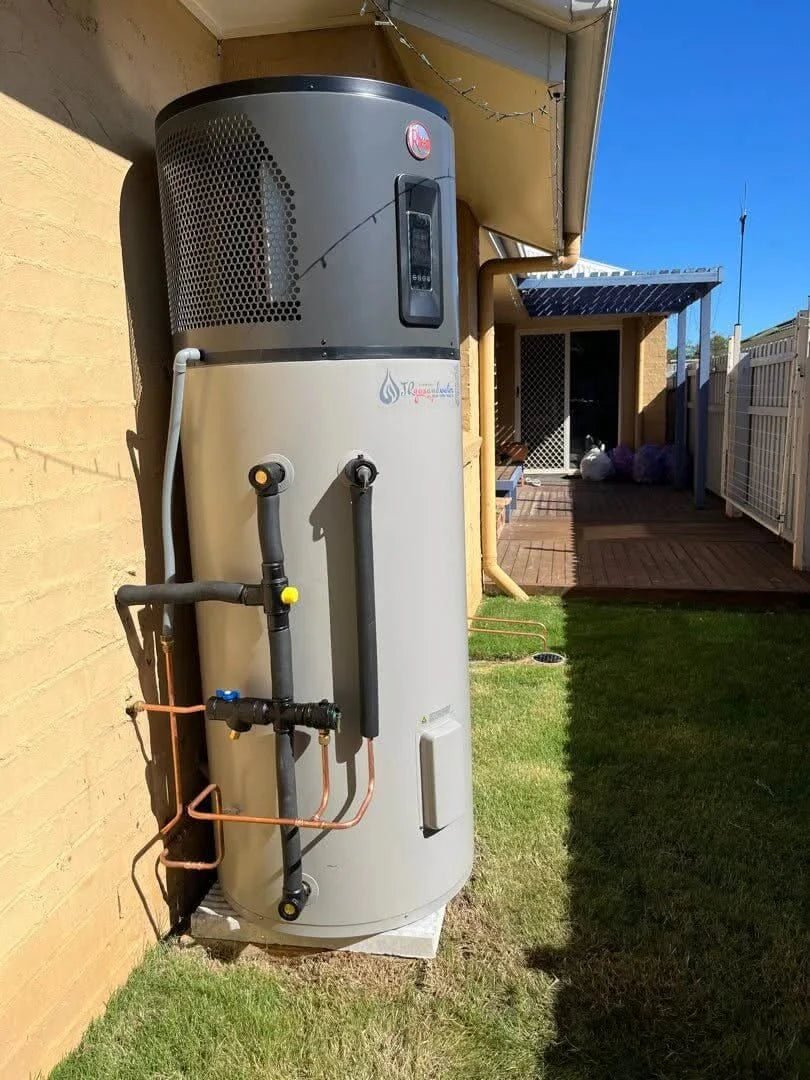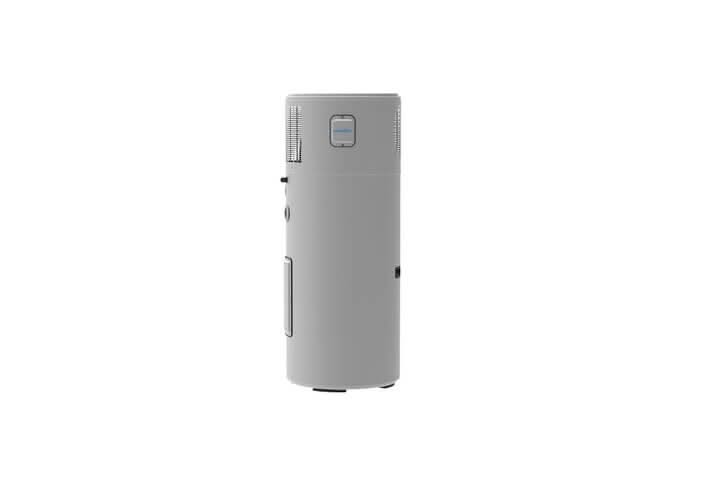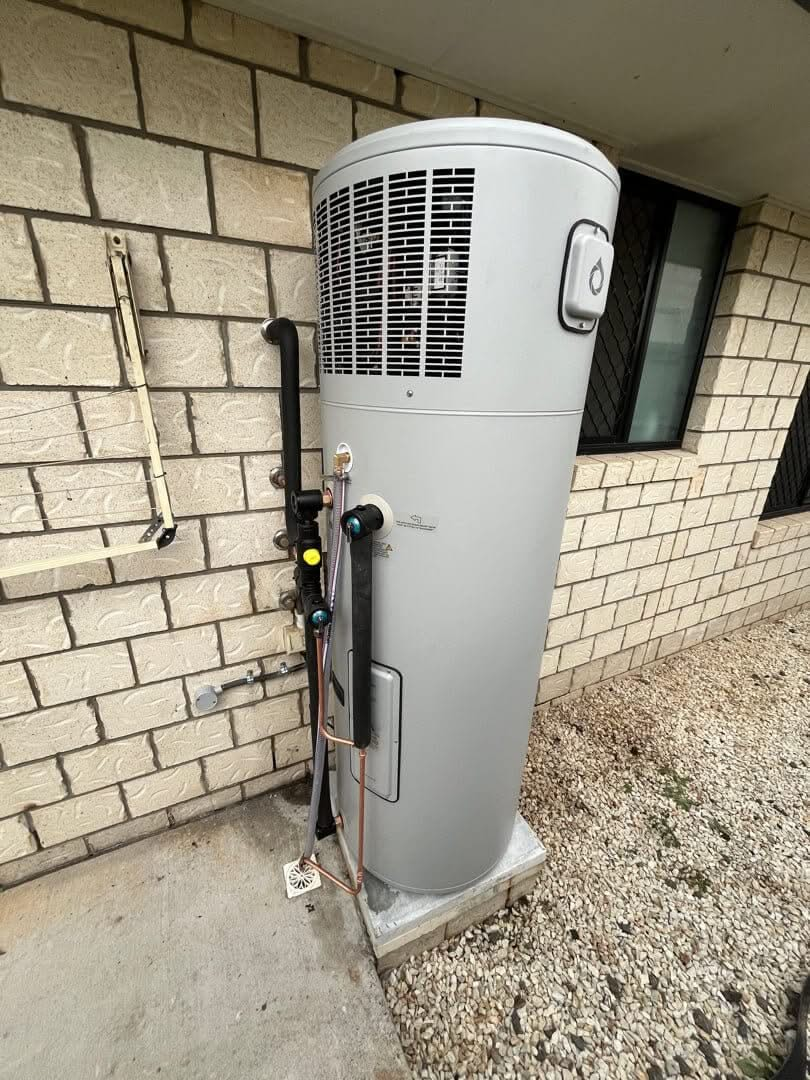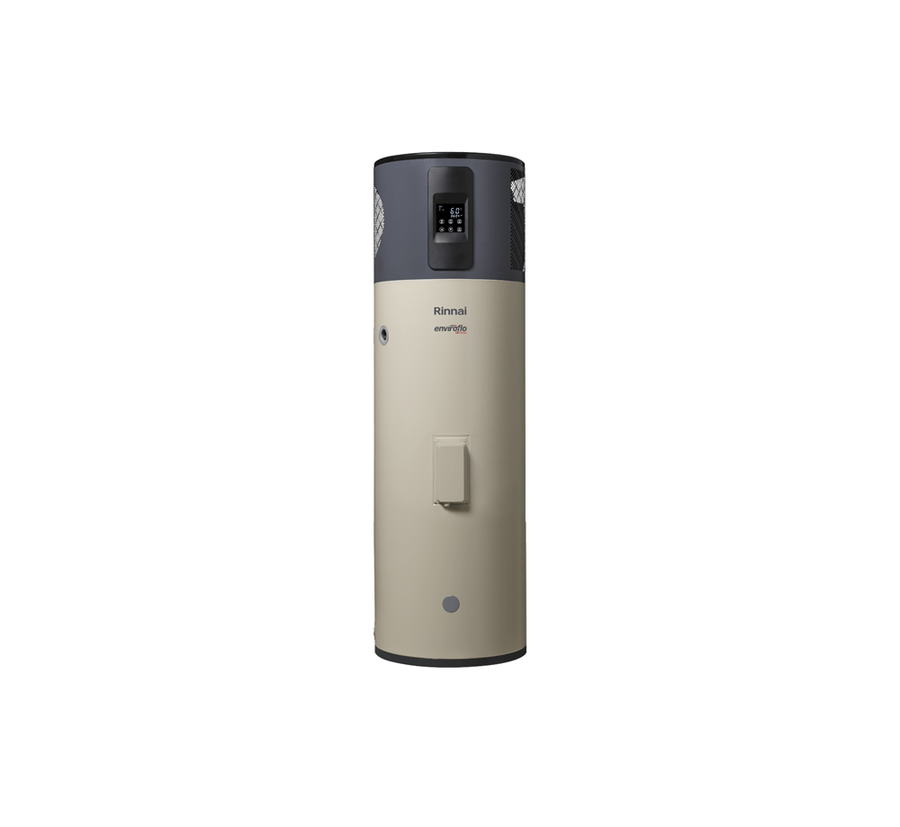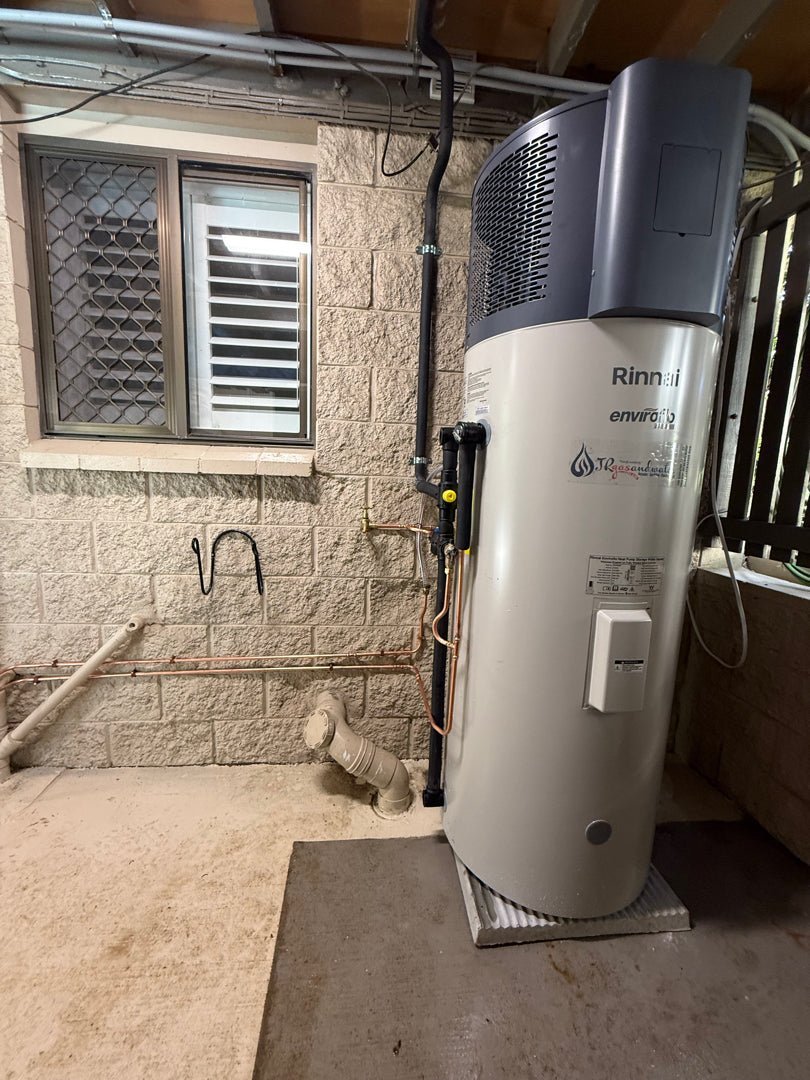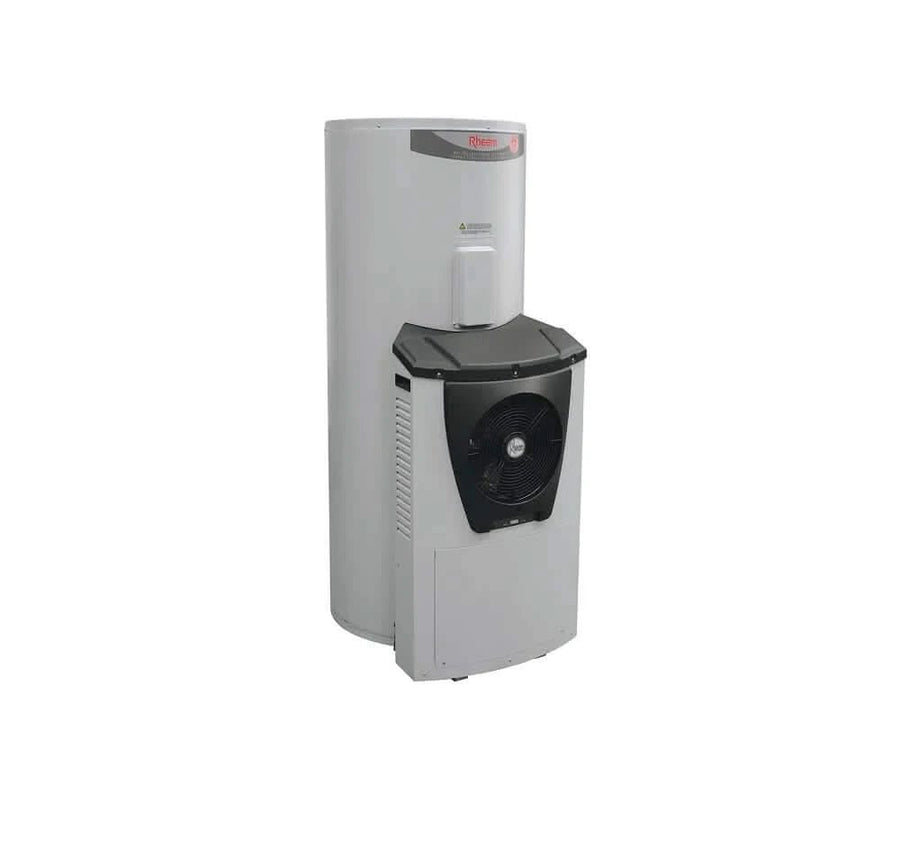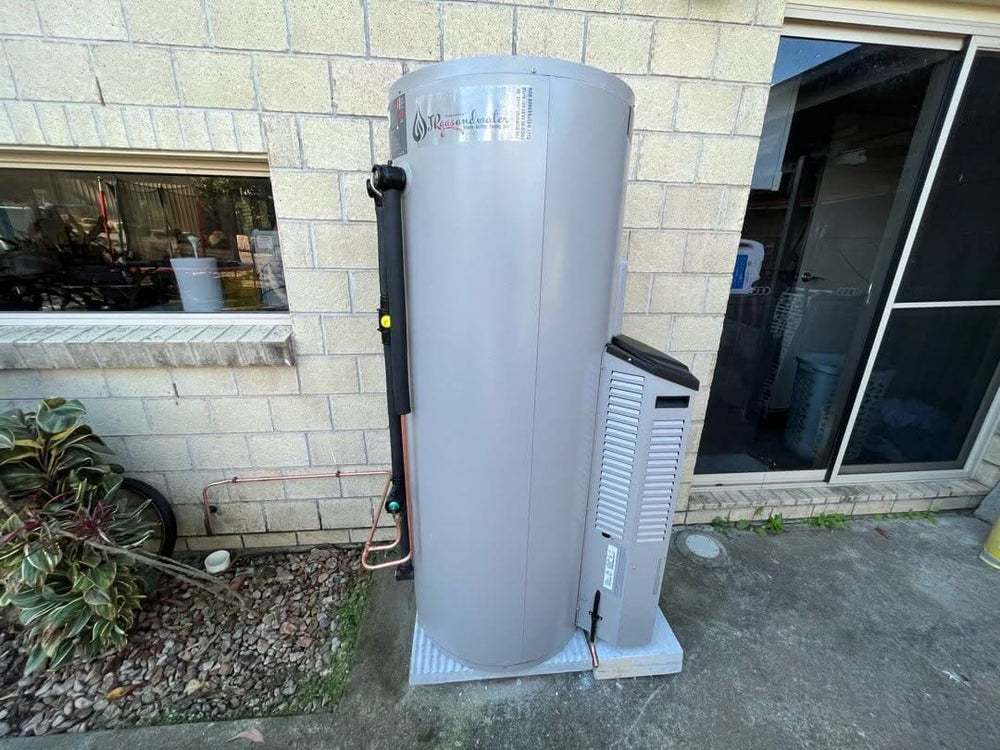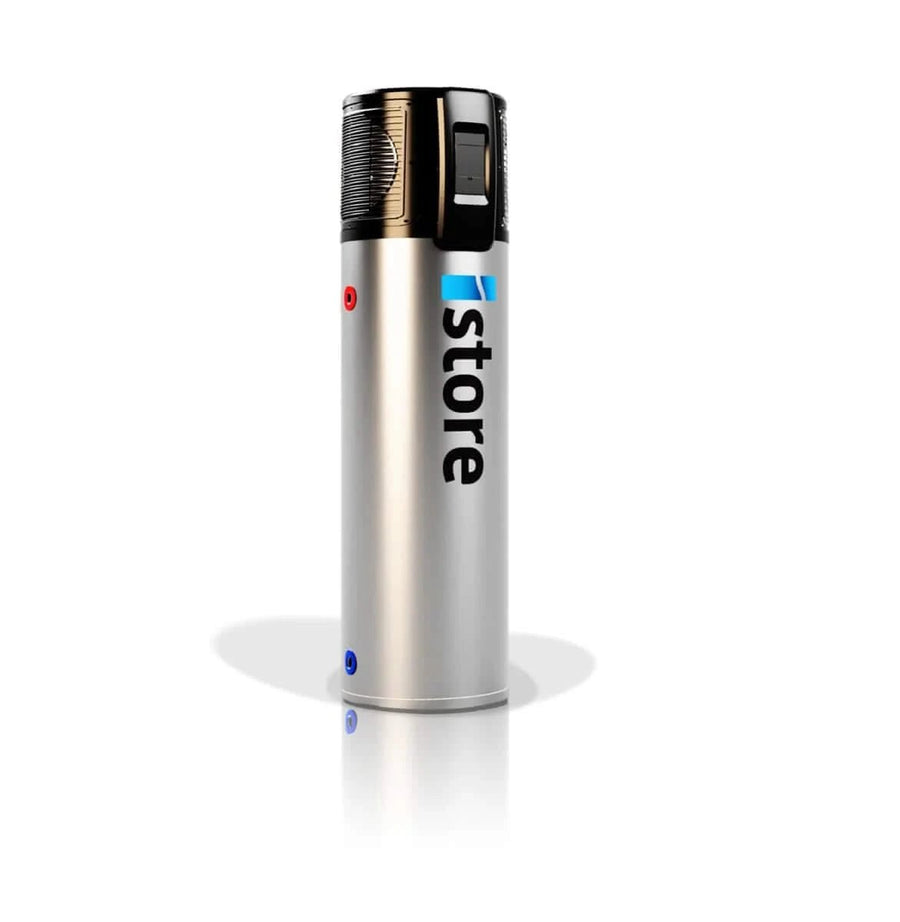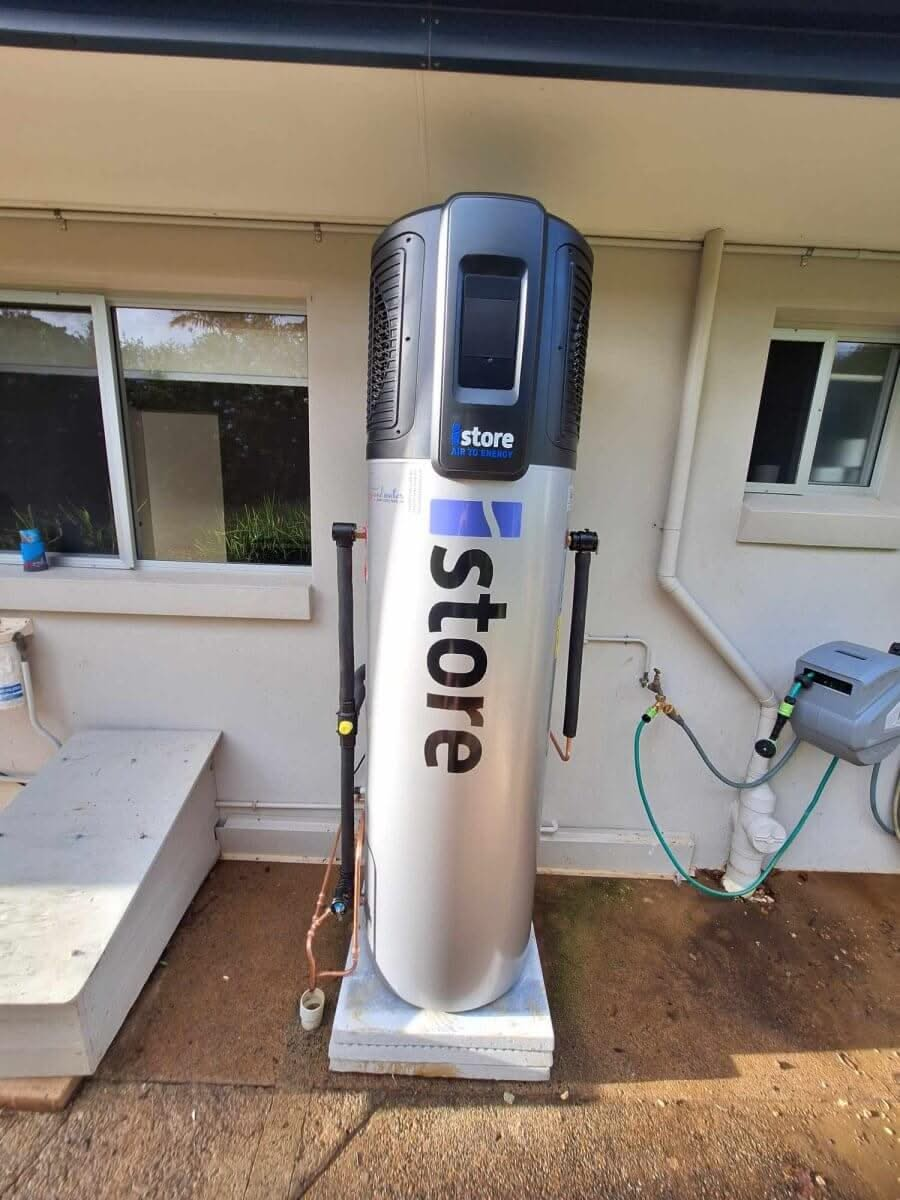Understanding the True Price of Hot Water System Installation
Wondering about the PRICE OF HOT WATER SYSTEM? This guide covers the purchase price, installation fees, and running costs for various types of systems like electric, gas, solar, and heat pumps.
Key Takeaways
-
Hot water system installation costs include the purchase price, installation fees, and ongoing running expenses, all of which influence overall expenditures.
-
Different types of hot water systems—electric, gas, solar, and heat pump—have varying costs and efficiencies, affecting both initial and long-term financial considerations.
-
Utilizing government rebates, off-peak electricity tariffs, and proper maintenance can significantly reduce costs and encourage the selection of energy-efficient hot water systems.
Breakdown of Hot Water System Costs
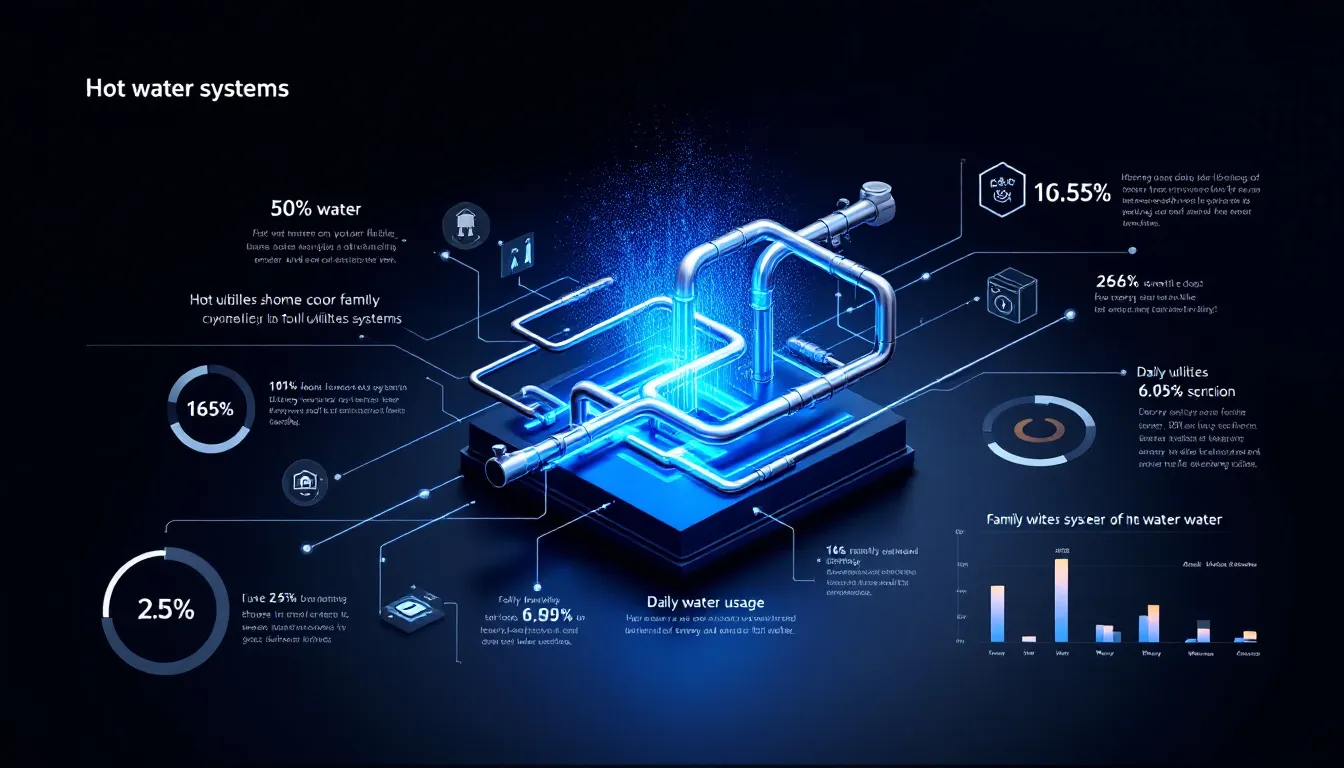
When considering a new hot water system, understanding the different costs involved is crucial. These costs can be broadly categorized into three main components: the purchase price, installation costs, and ongoing running costs. Each of these elements plays a significant role in determining the overall expense of your hot water system.
The purchase price is the initial cost of buying the hot water system. This can vary widely depending on the type of system you choose—electric, gas, solar, or heat pump. Installation costs include the fees for professional installation, any necessary upgrades to your existing infrastructure, and disposal of old equipment.
Finally, running costs refer to the ongoing expenses of operating the hot water system, including energy consumption and maintenance. Knowing these cost components helps in making an informed decision. Considering all these factors allows for better budget planning and selecting a system that balances initial expense with long-term savings.
Purchase Price of Different Hot Water Systems
The initial purchase price for hot water systems varies significantly based on the type of system you choose. Electric storage hot water systems, for example, range from $500 to $2000, making them a popular choice for many homeowners due to their lower upfront cost. On the other hand, solar hot water systems typically cost between $4,000 and $7,000 or more, reflecting their higher efficiency and long-term savings potential, which contributes to the overall hot water system cost.
Storage systems, whether electric or gas, retain heated water in an insulated tank until needed, which can be more convenient but may lead to higher energy costs due to heat loss over time. Instantaneous heaters, also known as continuous flow systems, heat water on demand, reducing energy waste and potentially lowering running costs.
Knowing the purchase price and functionality of different systems is key to making an informed decision. Comparing the initial costs and benefits of each type helps determine the best fit for your budget and household needs.
Installation Costs
Installation costs for hot water systems can vary widely depending on the type of system and the complexity of the installation process. For instance, installing a new hot water system can range from $500 to upwards of $3,000. This includes the fees for professional installation and any necessary upgrades to your existing infrastructure.
Electric hot water systems often require additional electrical upgrades, which can add $300 to $500 to the total cost. Gas hot water systems, on the other hand, typically have installation costs ranging from $400 to $1,500 but can go as high as $3,000 for larger, more energy-efficient models.
Comparing installation costs and running efficiencies between different hot water systems helps balance initial expense with long-term savings.
Running Costs
Running costs refer to the ongoing expenses associated with the energy consumption required to heat water. Electric hot water systems tend to have the highest running costs due to elevated electricity expenses. Among these, electric storage hot water systems are the most expensive to run, followed by gas-boosted solar systems and electric-boosted solar systems.
Heat pump water heaters are more energy-efficient, consuming 30% less energy than conventional electric units. This efficiency can lead to significant savings on utility bills over time, making them an attractive option for environmentally conscious homeowners. Solar hot water systems are typically considered the most cost-effective in terms of running costs, as they harness renewable energy from the sun to heat water.
Running costs of electric hot water systems can be reduced through the use of smart controls, timers, and adopting water-saving habits. Managing these ongoing expenses helps make a more informed decision that balances both immediate and long-term financial commitments.
Types of Hot Water Systems and Their Costs
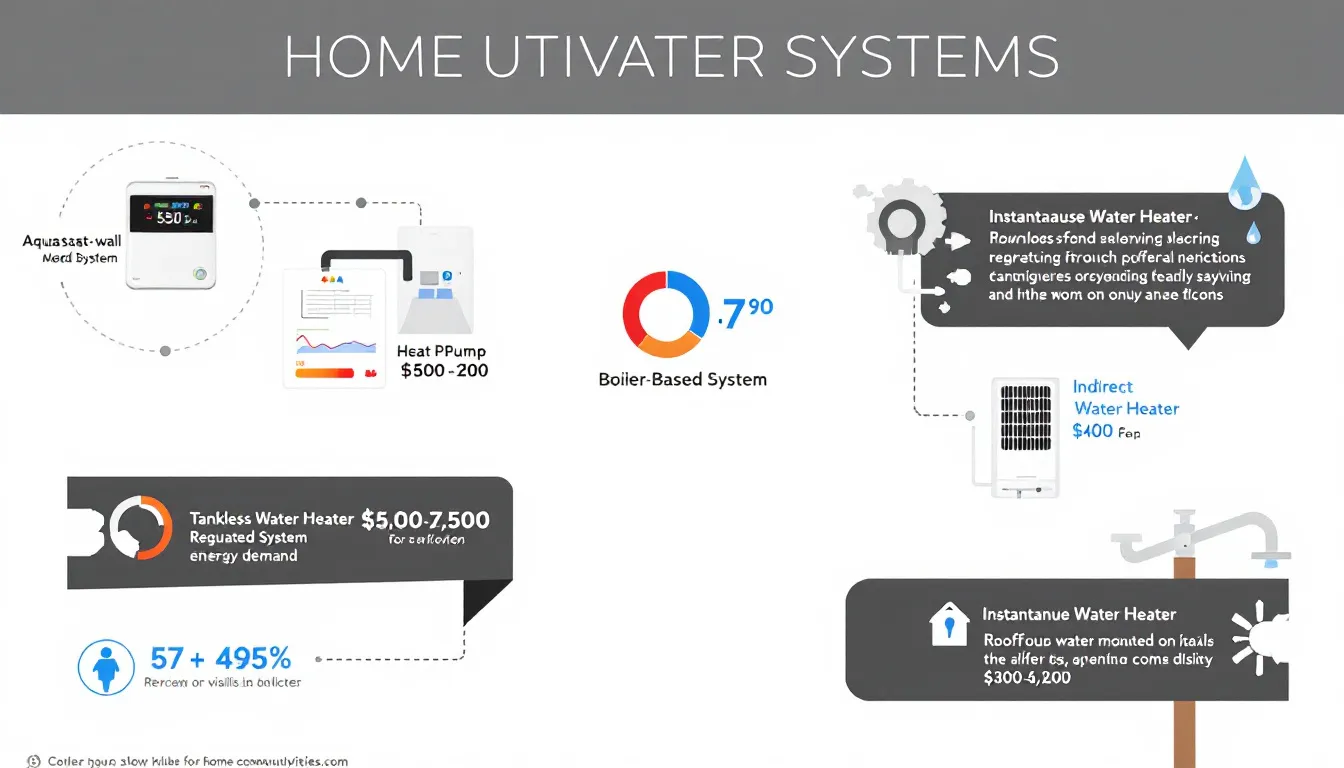
Choosing the right hot water system for your home involves understanding the different types of systems available and their associated costs. The main types include electric, gas, solar, and heat pump systems. Each type has its own set of advantages, disadvantages, and cost implications.
Exploring these options helps determine which system best fits your household’s needs and budget.
Electric Hot Water Systems
Electric hot water systems are a popular choice due to their lower initial cost and ease of installation. Basic electric and gas storage tank systems can be replaced at a cost ranging from $350 to $800. One of the notable advantages of electric hot water systems is their simplicity and reliability, which make them a dependable option for many households.
These systems typically fall into two categories: storage and continuous flow. Storage systems hold water in a tank, while continuous flow systems heat water on demand, reducing energy losses. Instant electric hot water systems are particularly efficient as they only heat water when needed, minimizing waste.
Electric hot water systems require a 240-volt supply and should be installed by a licensed electrician to ensure safety and compliance with Australian standards. Following manufacturer specifications and proper maintenance ensures a consistent supply of hot water with minimal upkeep, making it essential to consider an electric hot water system for your needs.
Gas Hot Water Systems
Gas hot water systems offer both storage and continuous flow options, providing flexibility based on household needs. Installation costs for these systems typically range from $500 to $900, depending on the type and complexity of the installation. Gas continuous flow systems are particularly popular due to their lower running costs compared to storage systems.
These systems are powered by natural gas, making them a cost-effective option for many homes. However, it’s important to consider the environmental impact, as gas systems are less eco-friendly compared to electric or solar models. Despite this, gas hot water systems remain a reliable and efficient choice for many households.
Solar Hot Water Systems
Solar hot water systems are a great option for anyone wanting to cut down on energy costs. They also help reduce your carbon footprint significantly. These systems generally have upfront costs averaging from $4,000 to $6,000 for purchase and installation. The installation cost alone can range from $2,000 to $4,500, reflecting the complexity and additional components required.
Solar systems can be either electric or gas-boosted, providing flexibility based on household energy needs and preferences. While the initial investment is higher, the long-term savings and environmental benefits make solar hot water systems a worthwhile consideration for many homeowners.
Heat Pump Water Heaters
Heat pump water heaters are known for their energy efficiency and cost savings. The purchase price for these systems ranges between $2,500 and $8,000. Despite the higher upfront cost, heat pump water heaters can lead to significant savings on utility bills due to their efficient use of energy.
These systems work by extracting heat from the surrounding air to heat the water, making them a highly energy-efficient option. They are particularly suitable for households looking to reduce their environmental impact and enjoy long-term financial benefits.
Factors Influencing Hot Water System Prices
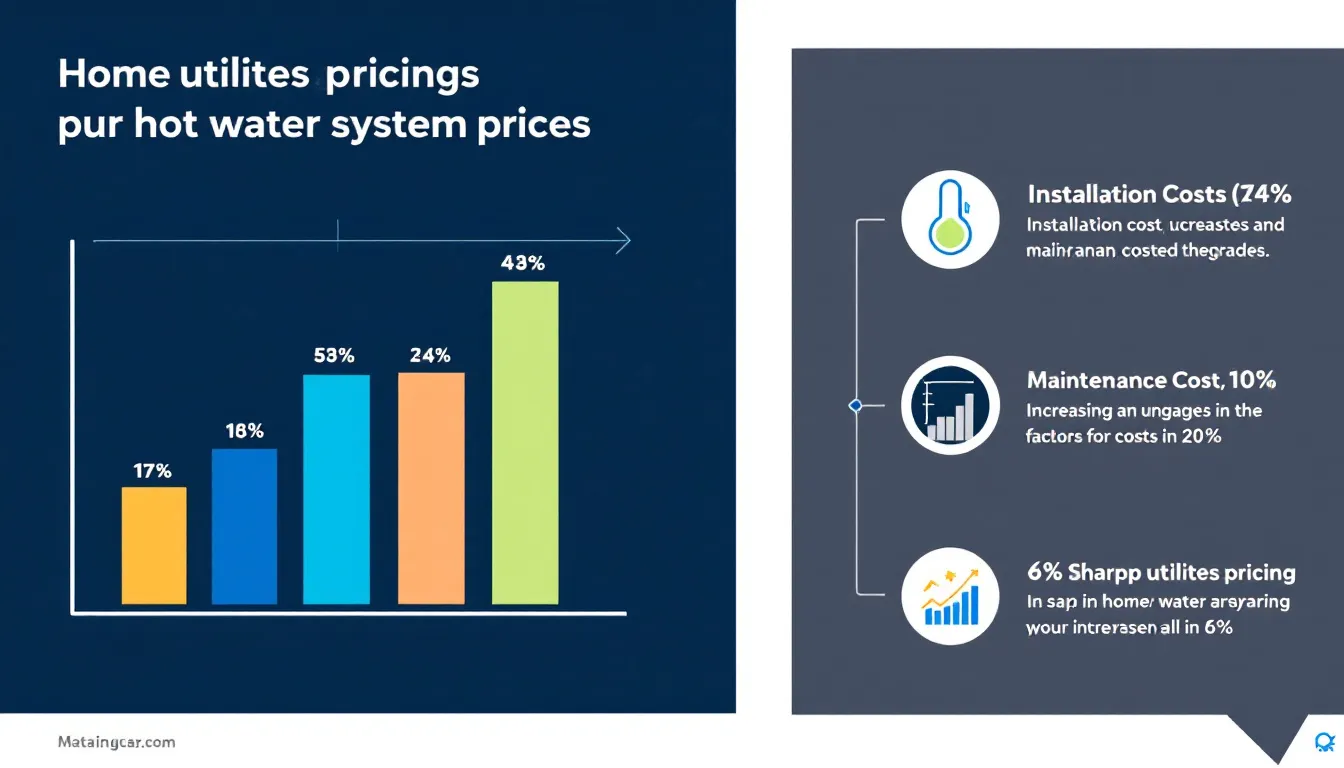
Several factors influence the overall cost of hot water systems, including the type of system, tank size, and brand selection. Knowing these elements helps in making an informed decision and choosing a system that offers the best value for your investment.
System Size and Capacity
The size and model of a hot water system directly influence its cost. A common guideline is that one person consumes around 50 liters of hot water daily. For a household of 1-2 people, a system with a capacity of 25-50 liters is typically sufficient.
Larger households will need systems with greater capacity, which can increase the overall cost. Accurately assessing your household’s hot water usage ensures you choose a system that meets your needs without overspending on unnecessary capacity.
Energy Efficiency Ratings
Energy efficiency ratings indicate how effectively a hot water system uses energy to heat water, impacting both upfront costs and operating expenses. Higher energy efficiency ratings typically result in higher initial costs; however, they often yield lower utility expenses over time.
When comparing hot water systems, consider both the energy efficiency ratings and the corresponding running costs. This approach ensures that you make an informed choice that balances initial investment with long-term savings.
Brand and Model
Different brands and models of hot water systems can show significant variances in both price and quality, affecting overall value. Considering both price and quality when selecting a hot water system ensures good value for your investment.
Understanding the balance between these factors is crucial to finding a hot water system that meets your needs effectively.
Cost-Effective Solutions for Hot Water Systems
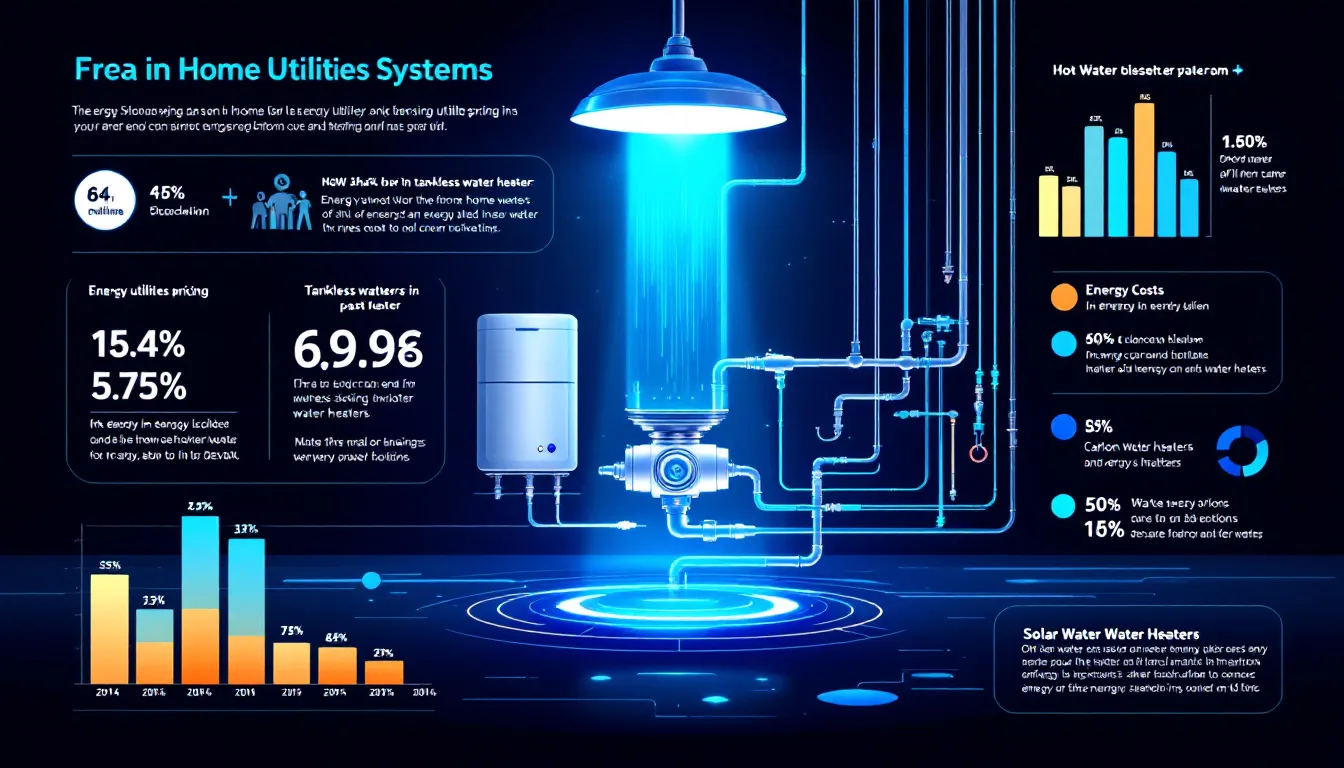
There are several strategies for reducing the cost of hot water systems, from taking advantage of government rebates to utilizing off-peak electricity tariffs. Exploring these options helps find cost-effective solutions that fit your budget and reduce long-term expenses.
Government Rebates and Incentives
Government rebates and incentives can significantly reduce the upfront costs of energy-efficient hot water systems. Solar hot water systems, despite their higher initial costs, are eligible for government rebates, leading to lower energy bills over time. Financial incentives are also available to offset the installation costs of energy-efficient electric hot water systems.
Rebate applications can be submitted after installation in an emergency if all eligibility criteria are met. These incentives make it more affordable to invest in energy-efficient systems, providing both immediate and long-term financial benefits.
Off-Peak Electricity Tariffs
Utilizing off-peak electricity tariffs can lead to substantial savings on electricity bills for hot water systems. Off-peak electricity tariffs refer to lower electricity rates available during specific times when demand is lower, such as late at night or early morning hours.
Scheduling your hot water usage during off-peak times can significantly lower the operational costs of electric hot water systems. This approach is particularly beneficial for households with electric instantaneous water heaters and electric storage systems.
Proper Maintenance and Insulation
Regular maintenance of hot water systems can prolong their lifespan and enhance their efficiency. Maintenance checks for electric hot water systems include inspecting the temperature pressure relief valve, tempering valve, and flushing the tank annually. Proper insulation of hot water systems can prevent heat loss and improve energy efficiency.
Insulating hot water pipes can also reduce heat loss and wasted energy, further improving the system’s efficiency and reducing energy bills. Maintaining your system and ensuring proper insulation ensures a consistent hot water supply while minimizing costs.
Environmental Impact and Long-Term Savings
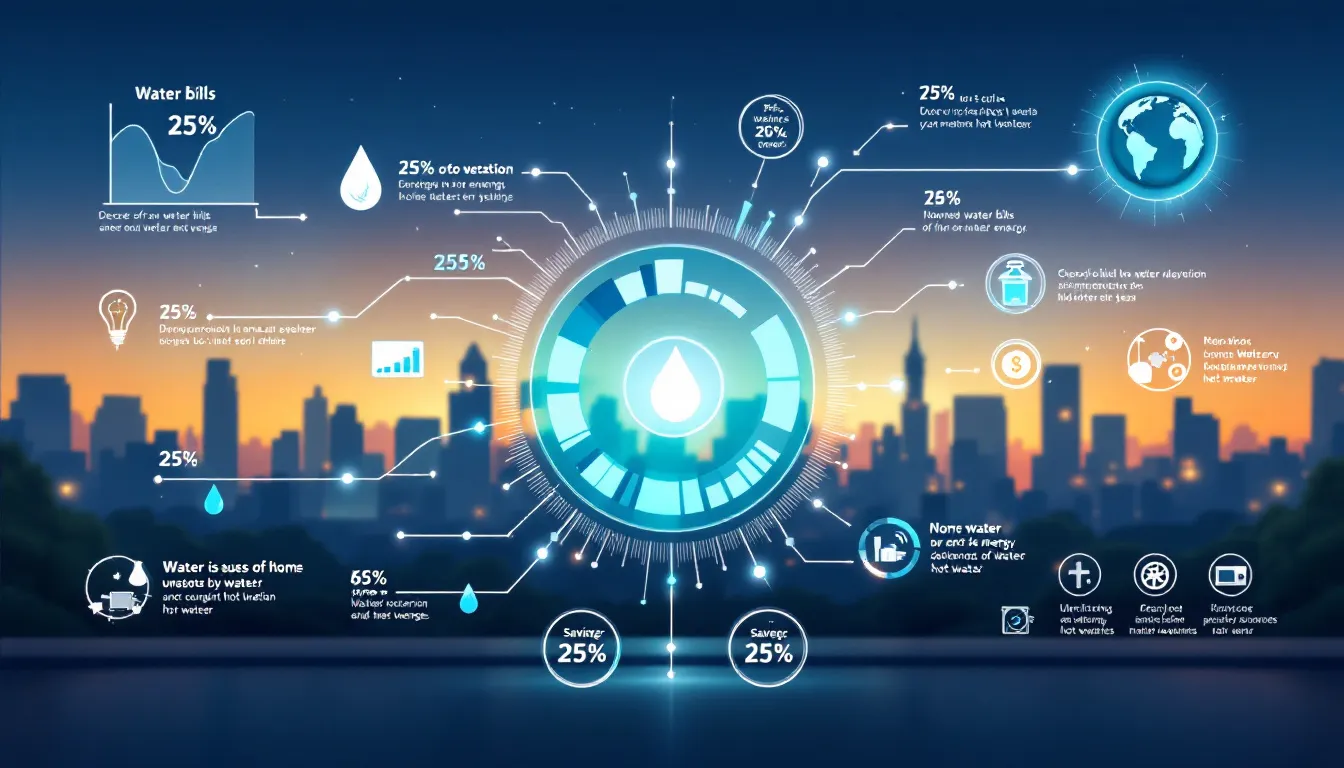
Choosing energy-efficient hot water systems can have significant environmental benefits and lead to long-term financial savings. Reducing energy consumption and greenhouse gas emissions with these systems contributes to a more sustainable future while lowering household utility bills.
Reducing Carbon Footprint
Electric storage systems and gas storage systems have the largest CO2 emissions. Gas systems, in particular, are considered less environmentally friendly as they run on fossil fuels.
Solar hot water systems, on the other hand, can meet up to 90% of household hot water needs and offer long-term benefits like savings on energy bills and reduced greenhouse gas emissions.
Electric heat pumps and solar-electric-boosted systems are less environmentally friendly compared to gas-boosted solar systems. However, electric models that use renewable energy sources are better for the environment and can help reduce your household’s carbon footprint.
Long-Term Financial Benefits
Heat pump water heaters can achieve two to three times higher energy efficiency compared to traditional electric systems. Investing in energy-efficient hot water systems can lead to significant reductions in energy expenses over time. The energy savings from using energy-efficient hot water systems can lead to substantial reductions in household utility bills over time.
Choosing a more energy-efficient system offers long-term financial benefits and contributes to a more sustainable future. The initial investment in these systems is often offset by the significant savings on energy bills over their lifespan.
Finding the Right Hot Water System for Your Home
Selecting the right hot water system for your home involves careful consideration of your household’s hot water usage and comparing different options. Understanding your specific needs and evaluating the available systems helps make an informed decision that balances cost, efficiency, and long-term benefits.
Assessing Household Hot Water Usage
Factors contributing to hot water usage include the number of residents and their daily habits, such as the frequency of showers and laundry. To accurately gauge daily hot water usage, track the frequency and duration of activities like showers and dishwashing. The average daily hot water consumption per person is 50 liters.
An 80L electric hot water tank is recommended for low peak usage in a household of 1-3 people. For high peak usage, a 125L tank is more suitable. A 160L electric hot water tank is suitable for low peak usage in a medium-sized household of 3-6 people. For those with high peak usage, a 315L tank is recommended.
Assessing your household’s hot water needs helps choose a system that meets your requirements without overspending on unnecessary capacity.
Comparing Options
Continuous flow system can be more economical for smaller households, as they heat water on demand, reducing energy waste and costs. Comparing multiple hot water system options is crucial in finding the best fit for your home and budget. Consider factors such as initial cost, installation expenses, running costs, and environmental impact to make an informed decision.
Thorough research and professional consultation help select a hot water system installation that provides optimal performance, efficiency, and value for your investment.
Summary
Understanding the true price of hot water system installation involves considering the purchase price, installation costs, and running costs. Different types of hot water systems, such as electric, gas, solar, and heat pump, offer various benefits and cost implications. By evaluating factors like system size, energy efficiency ratings, and brand selection, you can make an informed decision that balances cost and long-term savings.
Cost-effective solutions, such as government rebates, off-peak electricity tariffs, and proper maintenance and insulation, can further reduce expenses. Choosing energy-efficient systems not only lowers utility bills but also reduces your carbon footprint, contributing to a more sustainable future. Ultimately, finding the right hot water system for your home requires assessing your household’s hot water usage and comparing options to ensure the best fit for your needs and budget.
Frequently Asked Questions
What factors influence the cost of a hot water system?
The cost of a hot water system is primarily influenced by the type of system, installation and running costs, system size, energy efficiency, and brand. Understanding these factors will help you make an informed decision that fits your budget and needs.
How can I reduce the running costs of my hot water system?
To effectively reduce the running costs of your hot water system, consider implementing smart controls and timers, adopting water-saving practices, taking advantage of off-peak electricity tariffs, and ensuring regular maintenance and insulation. These steps will enhance efficiency and lower your expenses.
What are the benefits of solar hot water systems?
Solar hot water systems provide significant long-term savings on energy bills while effectively meeting up to 90% of your household's hot water needs, all while reducing greenhouse gas emissions.
How do energy efficiency ratings impact the cost of hot water systems?
Energy efficiency ratings significantly impact the cost of hot water systems, as higher ratings may entail a greater initial investment but ultimately yield substantial savings on energy expenses over time. Investing in a more efficient model is often financially beneficial in the long run.
What should I consider when selecting a hot water system for my home?
When selecting a hot water system for your home, prioritize your household's hot water usage, system type, initial and installation costs, along with energy efficiency and environmental impact. These considerations will help ensure you choose a system that meets your needs effectively.






